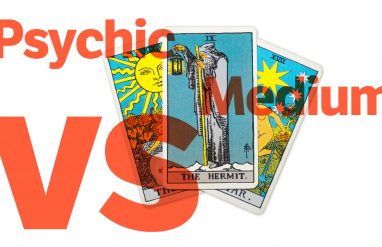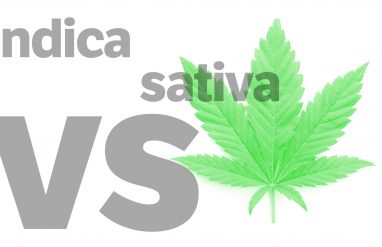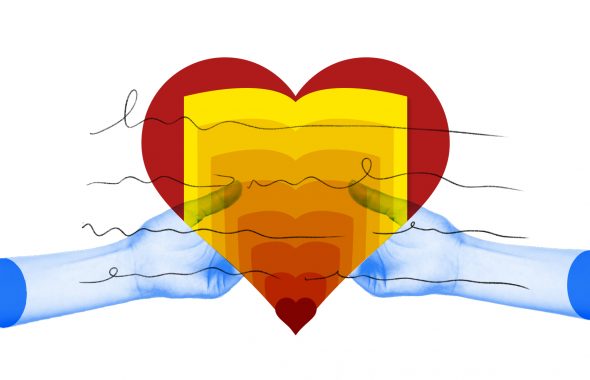Before you dive into the unknown, there’s one thing you should clear up: are you preparing to venture into uncharted or unchartered territory?
We’ll make it easy for you: the answer here is uncharted, since you’re going to explore the unknown. So then what is unchartered? Keep reading for more on how to use each of these words and when.
What does uncharted mean?
The adjective uncharted is all about the unknown and is defined as “not shown or located on a map; unexplored; unknown, as a place or region.” For example, some brave astronauts get to experience exploring uncharted areas in space. An explorer’s dream is discovering an uncharted, deserted island.
Uncharted literally refers to anything that isn’t plotted or planned and is often figuratively used to express a wider unknown. So in both the physical and nonphysical senses, it can mean “not yet mapped, surveyed, or investigated.”
When used as a noun, chart means “a sheet exhibiting information in tabular form,” or “a graphic representation.” However, one of its earliest meanings (dating back to the 1500s) was “map.” That use of the word is largely obsolete now. Chart is also short for sea-chart, which is a map that delineates the sea and coastline and is used by navigators. And you can see how we arrived at the phrase uncharted waters!
Uncharted is first recorded in English around 1840–50. It’s based on chart (see above), which derives from the French charte, and ultimately from Latin (charta or carta) and Greek (chártēs) roots meaning “(sheet) of paper.” History lesson: the Greek chártēs was “papyrus reef,” and literally meant “something to make marks on.” If you’re interested in another fascinating word connection, the word character is also derived from chártēs.
What does unchartered mean?
Unchartered on the other hand has a less adventurous meaning. This adjective is defined as “without a charter” or “without regulation; lawless.” So if you’re taking an unregulated or unauthorized vessel, you’re on an unchartered boat. Or, if you’re back in the American Frontier, be on the lookout because the Wild West is unchartered land and anything goes without laws to protect you.
A charter is a document “outlining the conditions under which a corporation, colony, city, or other corporate body is organized, and defining its rights and privileges.” Charter is issued by a sovereign or state, though a charter can also refer to an authorization from a parent organization “to establish a new branch or chapter.” There’s a clear difference between a chart that delineates land or sea, and a charter that outlines a right or privilege.
Unchartered is first recorded in English around 1795–1805. Charter comes into English from French, in turn from Latin chartula or cartula, “little paper.” So, charter and cart share a root—no wonder uncharted and unchartered are so easy to confuse!
How to use each word
While unchartered is less commonly used, since you won’t often be talking about something “lacking a charter,” you’ll want to go with uncharted in most cases. However, when it comes to talking about land, both adjectives can be used, s0 be careful with their different meanings.
Although uncharted territory refers to unmapped land, unchartered property is an unregulated or lawless area, so be warned before you venture out there! And we’ll remind you one more time that uncharted waters describe the new and unknown; the phrase unchartered waters is incorrect, even if this mistake has popped up since the 180os!
Uncharted is the way to go when exploring an unfamiliar area or subject. For example, when Christopher Columbus ran into uncharted land, he was about to unknowingly change the world. Or in a metaphorical sense, becoming a parent is uncharted territory for most new moms, but the postpartum phase can be a bit easier with your second child.
When it comes to lack of laws or regulations, think unchartered. If you want to avoid a fine and potentially serious consequences, don’t take that unchartered ship out, especially without life jackets.
You don’t want to enter uncharted territory if there’s a volcano nearby, in case you come up against lava … or is it magma? Learn the difference between lava and magma here.














